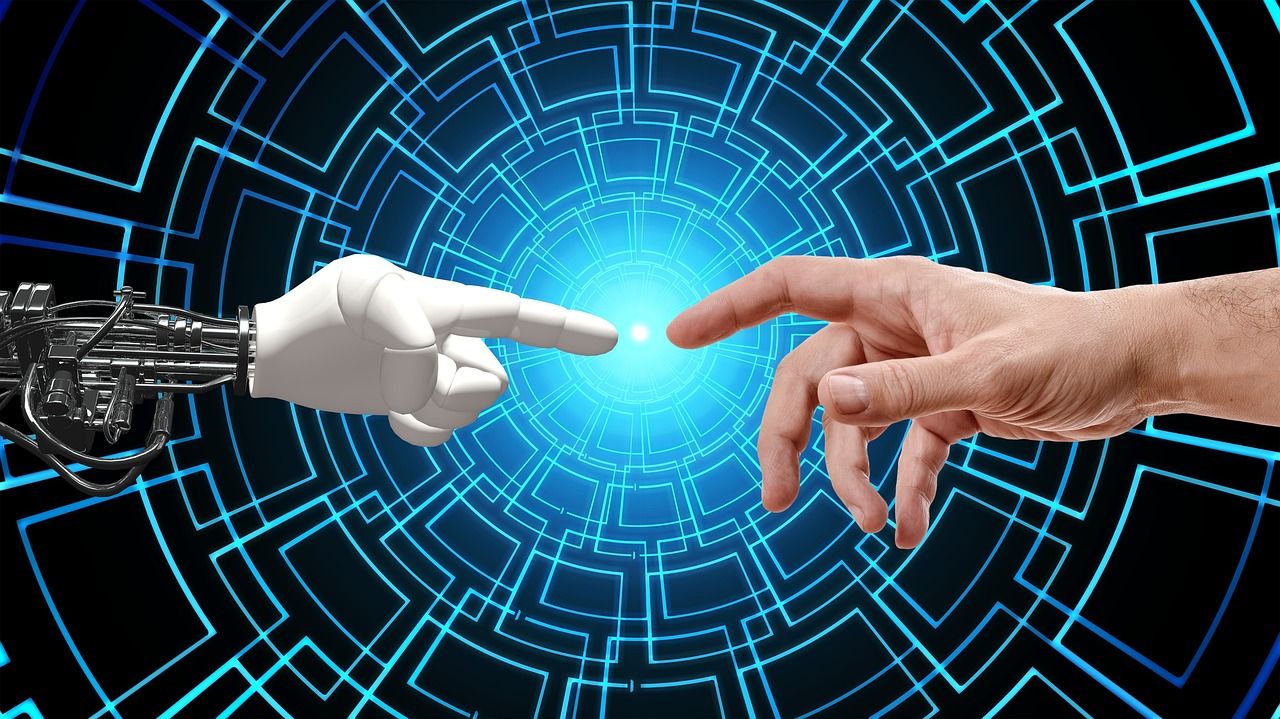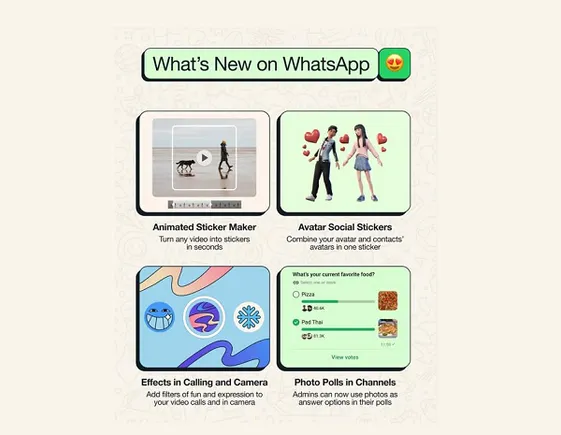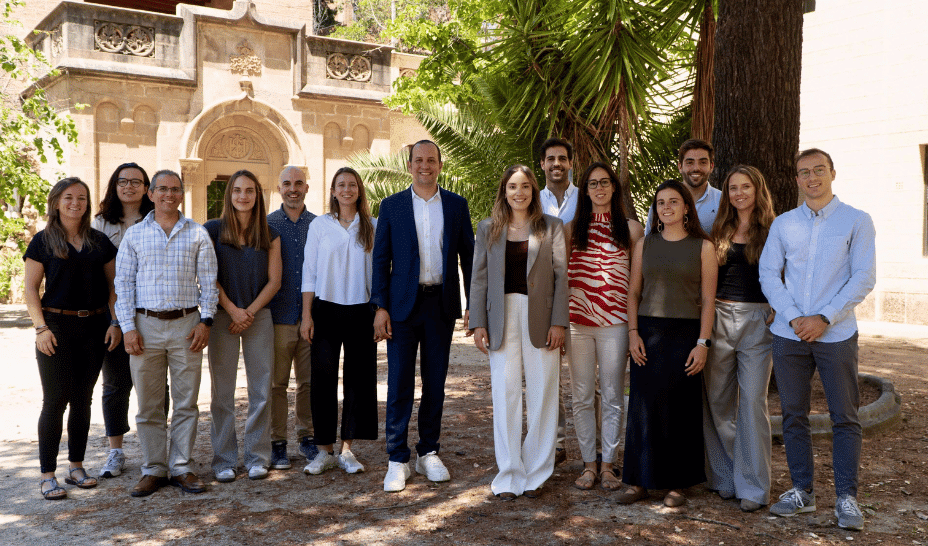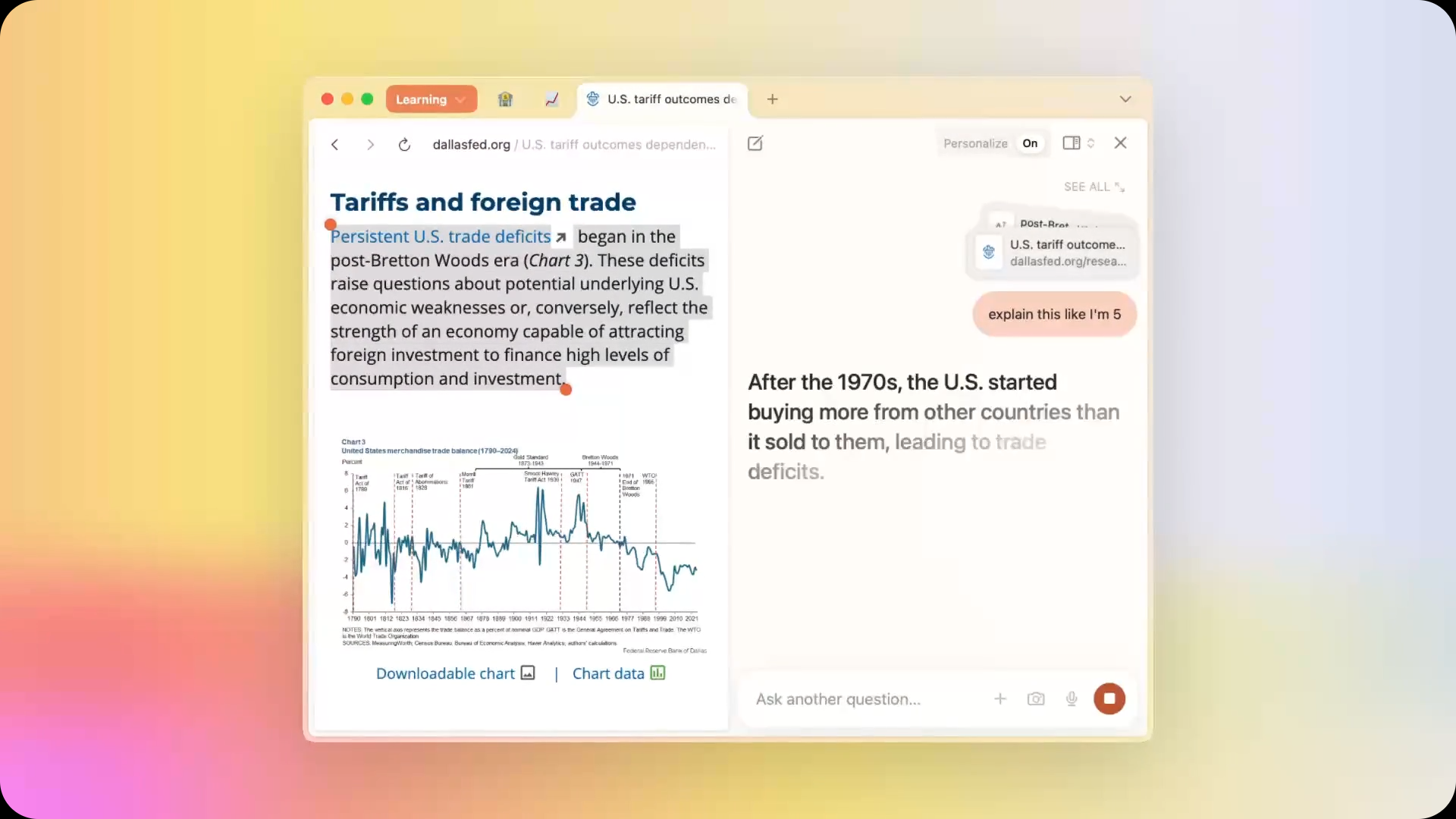Are AI avatars the future of corporate communication?
AI avatars could play a role by speaking with avatars from other businesses in the B2B realm. Basic chats or regular interactions could be dealt with by AI and humans become involved only in important matters.


In 2023, I got a pitch deck from a venture capitalist about the future of corporate communication, presenting AI bots (at the time, few people were using words like avatars or agents for AI assistance). AI avatars were presented in the slides, able to conduct meetings, introduce new employees, and provide customer help in a way that appeared very human. I was excited yet not fully convinced that virtual personalities could have a real impact on business messaging.
Like Synthesia and various innovative Zoom-based startups, companies are now working hard to create AI assistants to make virtual communication more enjoyable. Avatars give virtual meetings a closer feel to human interaction. Even with their wonderful features, using them shows where there are significant problems.
In the recent past, I watched a sales leader make fun of an AI representative handling customer interaction for a technology company aimed at VP-level sales staff. In the beginning, the answers from the avatar were quick, direct and easily readable. While the human element in the conversation became stronger and tense, the avatar performed worse. Its replies might be factually right, but they showed little feeling or understanding of any given situation. It showed the weaknesses of trusting AI alone for jobs involving people.
AI avatars or automated systems will take care of one in four customer service sessions by the year 2027, Gartner forecasts. This projection is similar to the way Zendesk, Freshdesk and interactive voice response (IVR) are used now for basic tasks and simple inquiries. They suggest businesses are heading towards more automated ways of exchanging messages.
Even so, automation in corporate communication can cause companies to overlook traits like emotional intelligence, judgement, cultural understanding, and fast adaptability. AI avatars help by providing steady and effective feedback in many presentations or compliance classes. Handling difficult negotiations, dealing with surprising situations, planning creative resolutions and improving strategies always require people who can empathise and think wisely.
Consider the ways AI-powered avatars can improve a person’s brand and appearance at work. Many professionals have trouble with public speaking fear or do not polish their communication skills. Avatars are helpful because they deliver messages with confidence and in a simple way which makes up for anyone’s nervousness. AI avatars could make it easier for employees with communication problems to join in and be more active in the workplace.
AI avatars would be able to increase how well and quickly global businesses can communicate with customers. Think of avatars shifting their communication approach, tone and language to fit with the preferences of different cultures or groups in an organisation. This kind of adaptability would surely help companies communicate more smoothly and reach their goals in many countries.
Looking out a decade, most routine and customer-support duties will be dominated by AI which should greatly increase efficiency, consistency and how much businesses have to spend on operating costs. But when these situations get intense, emotional or key to the mission, having people involved is most important.
AI avatars could play a role by speaking with avatars from other businesses in the B2B realm. Basic chats or regular interactions could be dealt with by AI and humans become involved only in important matters. Already, new generative AI companies are starting to introduce automated interactions which could mean that many day-to-day company interactions may not involve human influence in the future.
Fully integrating AI avatars into communication at companies will require reaching a balance. While managing day-to-day tasks becomes easier with avatars, forming close relationships, working with complexity and building trust depends the most on humans and their emotional skills.
(Aravind Putrevu is a seasoned technology expert with deep experience across distributed systems, cloud security, open source, and AI.)
Edited by Kanishk Singh
(Disclaimer: The views and opinions expressed in this article are those of the author and do not necessarily reflect the views of YourStory.)






![X Highlights Back-to-School Marketing Opportunities [Infographic]](https://imgproxy.divecdn.com/dM1TxaOzbLu_kb9YjLpd7P_E_B_FkFsuKp2uSGPS5i8/g:ce/rs:fit:770:435/Z3M6Ly9kaXZlc2l0ZS1zdG9yYWdlL2RpdmVpbWFnZS94X2JhY2tfdG9fc2Nob29sMi5wbmc=.webp)


















































































































































































